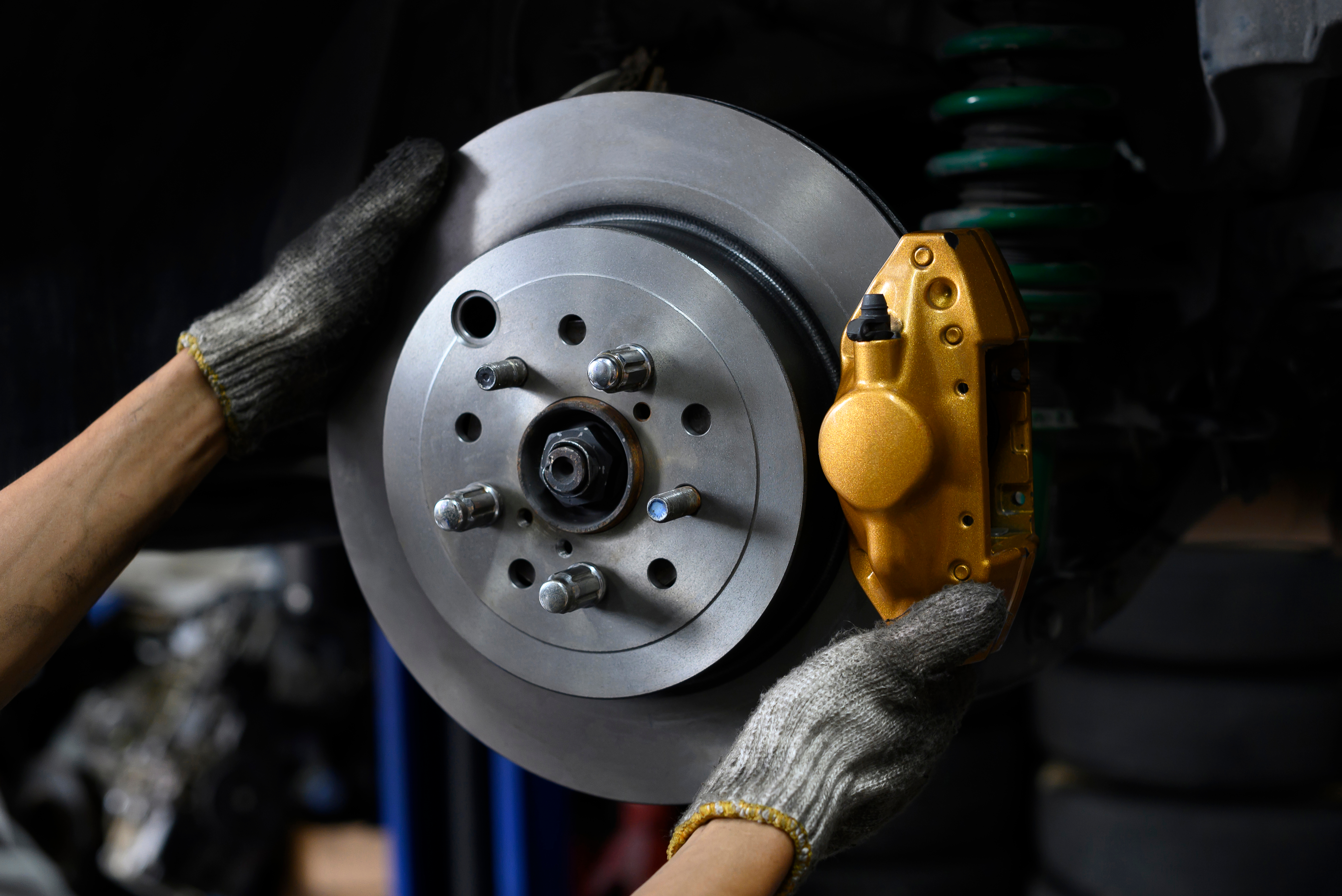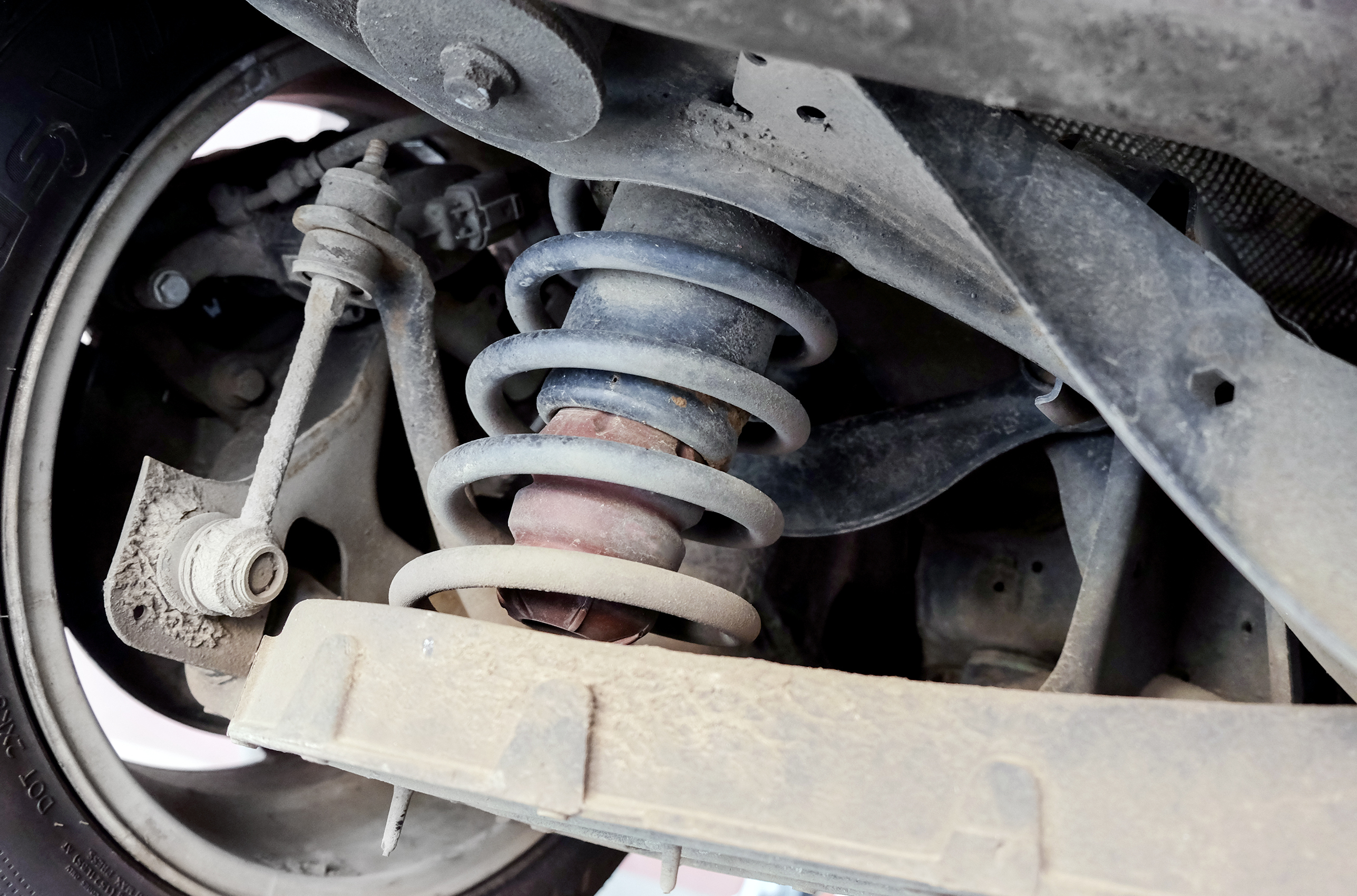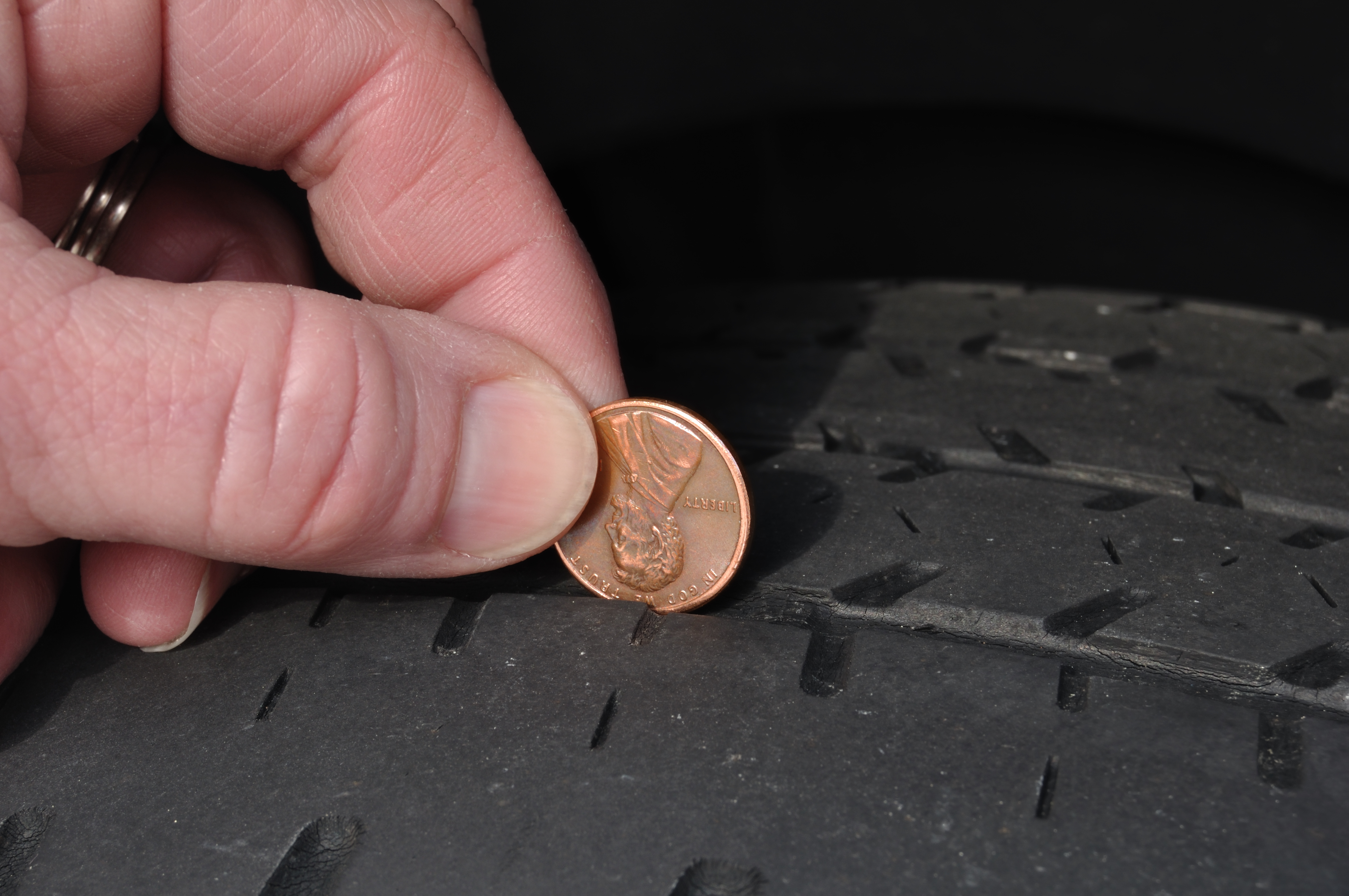Changing your zip code will clear your Pre-Approval.
Zip / postal code is required.
Steering Wheel Shakes When Braking: 8 Common Causes

Driving your car should pretty much always be a smooth occurrence. With the exception of off-roading adventures or hitting potholes, your steering wheel should remain fairly stable. Driving on smooth roads should make for a smooth ride. If that’s not the case for your car, it could be a sign of some serious problems.
There are a ton of moving parts involved with your car. An issue with just one of them can result in a steering wheel that shakes, jerks, or pulls. These issues typically don’t resolve themselves and usually end up getting much worse. It’s best to take your car to a mechanic as soon as you experience anything off.
Unfortunately, it can be a little tricky diagnosing the cause of a shaking steering wheel. There are lots of potential causes, but these are eight of the most common.
1. Unbalanced Tires
The most common cause of a shaky steering wheel is due to your tires being out of balance or improperly aligned. Having an unbalanced tire can create a lot of unnecessary strain on your entire wheel assembly, including the shocks and bearings. This excessive strain will eventually cause these components to wear out and fail.
There are two telltale signs that you might be dealing with unbalanced tires:
-
The first trademark symptom of unbalanced tires is the relationship between your speed and the severity of the shaking. If you are driving at low speeds, you probably won’t notice too much of an issue with the steering wheel. However, the shaking will really start to pick up whenever you hit 50 MPH or faster. You’ll also start hearing louder road noises than you may have in the past.
-
The second trademark is that your tires will experience uneven tread wear. Tires should be experiencing an equal amount of wear during each rotation. An unbalanced tire will be subjected to more strenuous wear in certain spots.
The first thing that you should check for is whether or not all of your tires are properly inflated. Having an underinflated tire might not seem like a big deal, but it can result in a severe lack of balance, quickly wear down your tires, and even affect your gas mileage.
If each tire is properly inflated, next you’ll need to check for uneven wear and tear. The tires on the front of your car will wear down differently than the ones on your rear. That’s why you should be rotating your tires every 3,000 miles or so. If you haven’t been rotating your tires, it could result in unbalanced tires.

2. Warped Brake Rotors
Brake rotors are the shiny round discs that you can see whenever you look through the space in the front of your wheels. In order to stop, your brake pads hydraulically clamp down on the rotors of each wheel. This process will generate a tremendous amount of friction between the pads and rotors and cause the metals to become more malleable.
Eventually, these conditions will cause your brake rotors to wear down, lose their shape, and become warped. Pressing the brake pedal will cause the brake pads to press against an uneven surface and cause the steering wheel to shake. It’s pretty common to also experience a vibrating brake pedal at the same time.
Warped brake rotors can sometimes be resurfaced and smoothed out as long as you catch them early enough. However, it’s probably a little too late if you are already experiencing a shaking steering wheel and a vibrating brake pedal. You’ll need to replace them with new ones and hope there wasn’t any permanent damage done to your brake pads.
3. Improper Alignment
The suspension of your vehicle aligns your tires so that they evenly interact with the pavement. Each tire should be an equal height off and rest at the same angle. Your suspension is designed to take a beating, more on that later, but there are limits. Driving over potholes, standard road turbulence, rough driving, and other hazards can throw off the precision of your alignment.
Just one tire at a slightly skewed angle or lower height can cause your steering wheel to shake or vibrate. The symptoms of improper alignment can often look very similar to unbalanced tires. There will usually be uneven and accelerated wear on one or all of your tires. If you replace your tires and still wind up with uneven wear, then it’s probably your alignment.
4. Sticking Brake Calipers
As mentioned earlier, the braking system of your car is pretty complicated and has a lot of moving parts. The brake calipers hold your brake pads and lower them whenever you want to slow or stop your vehicle. The caliper is supposed to lift off of your rotor whenever you take your foot off the brake.
It’s a little uncommon, but your brake calipers can start to seize up or “stick”. The caliper will force the pad to stay brushed up against your rotor. Basically, it will feel like you are driving with the brake slightly pressed. When this happens, you’ll start to experience wheel shaking or pulling. Warped rotors can also cause this sensation when you brake, but sticking calipers is instead felt as you drive.
Having brake calipers stick isn’t just bad for your handling; it’s bad for your entire braking system, engine, fuel mileage, and tires as well. It’s common for your calipers to encounter a build-up of debris and have their hoses wear down. You should have them inspected and replaced as soon as you can to minimize the damage.

5. Worn Suspension
The suspension of your car is specifically designed to dissipate the force that your car experiences as you drive. It’s a little bit complicated, but basically, the force is converted into heat that is dispersed and negated.
There are several parts involved with your suspension including a variety of springs, coils, joints, shock absorbers, bushings, tie rods, dampers, and struts. Constantly absorbing force and dispersing the heat will eventually cause these components to wear down and loosen up.
If you have ruled out any issues with your tires or brakes, then chances are likely that your suspension is the problem. Attempting to repair or replace any component of your suspension system can be very tricky. You’ll need to enlist the help of a professional or else you could wind up doing a lot of damage.
6. Bad Wheel Bearings
Bad wheel bearings are quite a longshot for shaky steering, but they are technically a possibility. The wheel bearings are a crucial part of the wheel assembly that connects your wheel to the axle. These steel balls or tapers are held together by a metal ring and help your wheel rotate smoothly.
In most cases, the wheel bearings of a car will outlast the engine. The chances are low that your shaking wheel has anything to do with your bearings. However, if you hear humming, squealing, growling, or clicking when you drive, it could be a sign that your wheel bearings are going bad.

7. Flat Spotted Tires
Another longshot possibility is that your steering issues are the result of flat spots in your tires. Nearly all cars in modern times have anti-lock brake systems installed. When this feature is functioning properly, your brakes won’t lock up if you need to stop abruptly. Locking up your brakes can cause your tires to slide and create flat spots in your tires.
A flat spot in just one of your tires can cause your steering wheel to shake whenever you are driving or braking. It can be difficult to see flat spots sometimes, so you might need to conduct the “penny test” on your tires. All you have to do is take a penny and place it with Lincoln’s head upside down between two ribs on your tire. If you can see the entire head, your tread is worn down and you need to replace the tire.
8. Axle Problems
The axle of your car is either a rod or shaft that connects to your wheels and supports the weight of your car. Pressing the gas pedal will generate the power to rotate your axle which turns your wheels and propels your car forward.
A majority of the cars manufactured today are front-wheel drive. That means that they have half-shaft axles. Whenever these go bad, you’ll start to notice a ticking rhythm whenever you turn. It’s possible that you’ll feel it in your steering wheel, but that will come long after the ticking starts.
An unbalanced axle shaft is much more common in vehicles with rear-wheel drive. Problems with your rear axle can cause your whole vehicle to shake in addition to the steering wheel. Rear-wheel drive vehicles are a little rare, but if you have one then it might be the cause of your steering issues.
Swap Out the Tires First
Having a shaky steering wheel is quite a hassle and there are a ton of potential causes. The most likely cause is an issue with your tires. Unless your tires are already fairly new, installing a new set can help to eliminate the most likely causes.
Visiting Rent A Wheel can help you find a new set of tires and save some money in the process. Between the flexible payment plan and free shipping, you’ll be able to find the perfect set for your vehicle. Buying new tires might not fix your shaky steering wheel, but it’s the easiest and most likely fix.
Sources:
Ten Thing You Need To Know About Wheel Bearings | Motocross Action Magazine
What Is a Brake Caliper? | The Family Handyman
How Often Should You Rotate Car Tires? | Car and Driver
Mastering The Basics: Wheel Alignment | Motor
Can Unbalanced Tires Cause Damage? | Swagger Magazine
Automobile Suspension (Car Suspension) Explained | Go Mechanic
Types of Axles: Everything You Need to Know | Car and Driver
How Do Car Brakes Work? | Wonderopolis